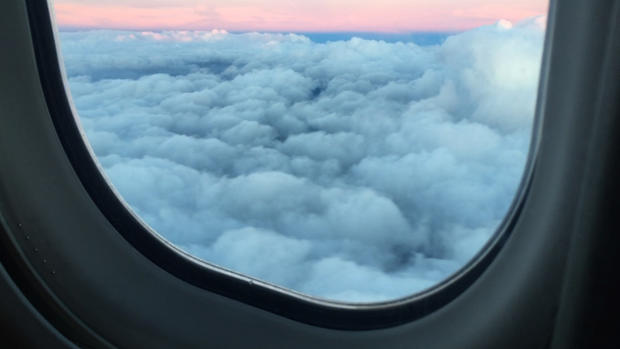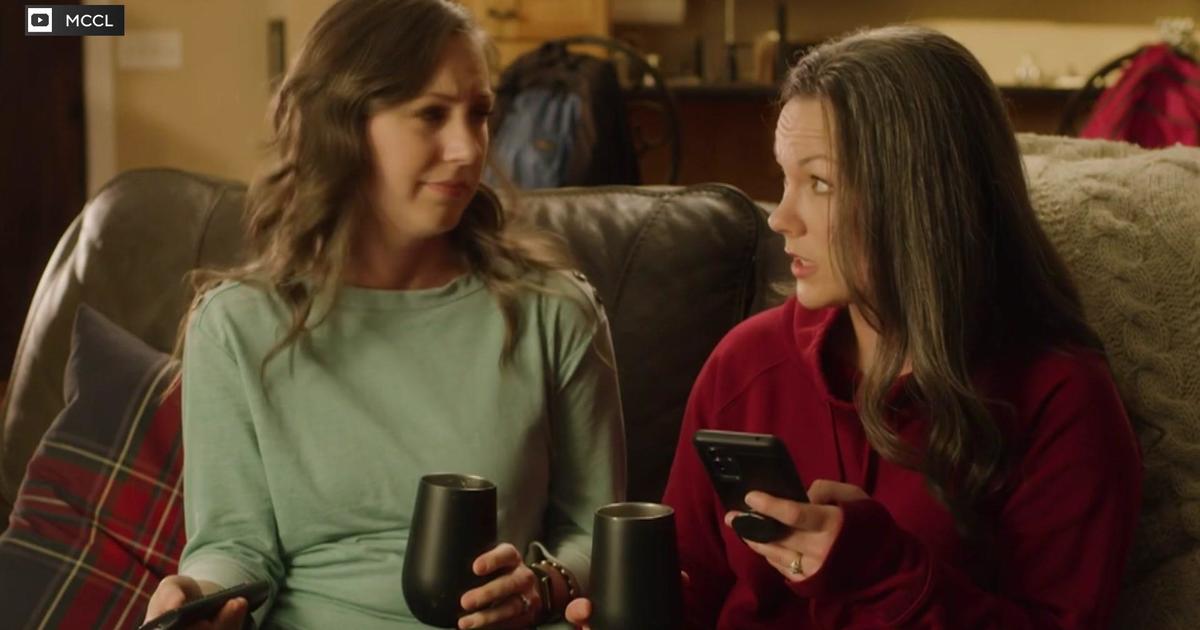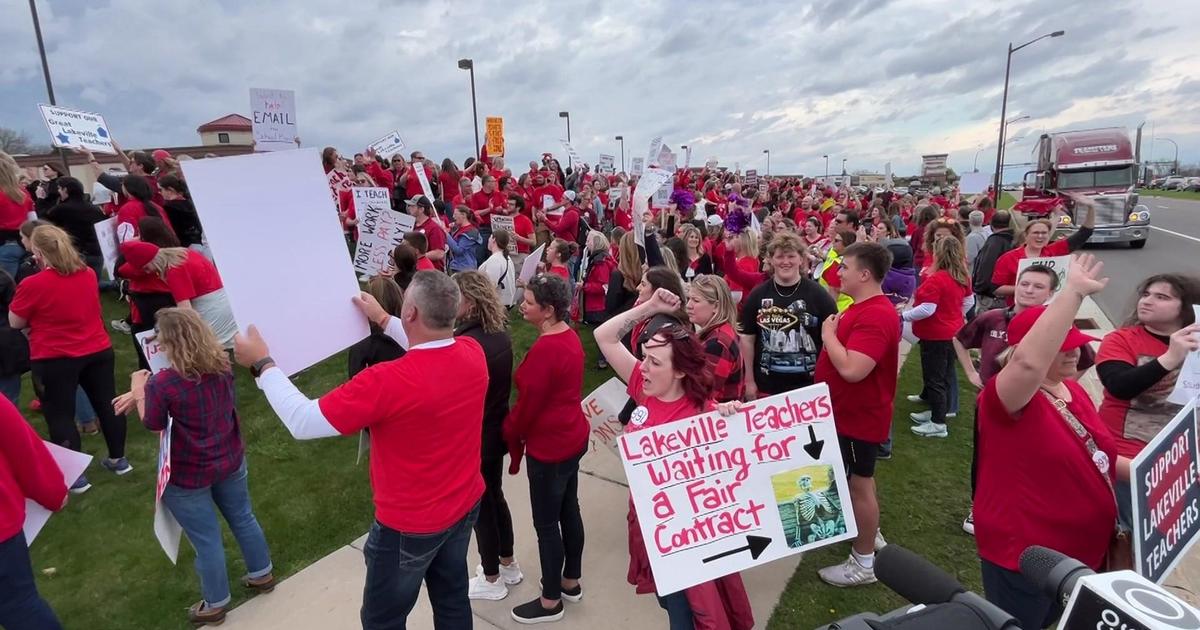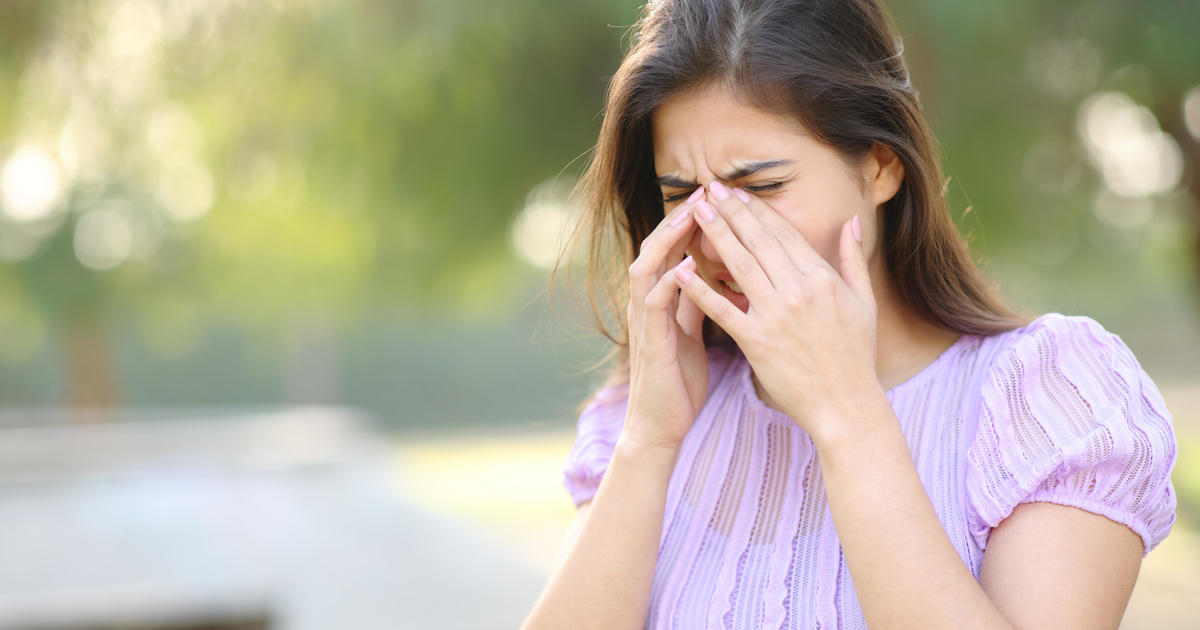What Do Travelers Need To Know Before Taking Trips In The Midst Of The Coronavirus Outbreak?
MINNEAPOLIS (WCCO) -- While the spring breaks of Americans likely won't include any travel to China, the coronavirus has now spread to at least 30 countries, including the United States.
So what do travelers need to know before taking a trip? Good Question. WCCO spoke with Meredith O'Toole, a travel advisor with Travel Leaders in Mendota Heights. She says she's hearing many questions from her clients about the coronavirus. The most common one: Is it safe to travel?
READ MORE: Safety Officer Returns Home To Maple Grove After Providing Medical Support Amid Coronavirus Outbreak
"It's a personal choice, and so we just give them as much information as we have," O'Toole said.
Her office follows guidance from the Travel Leaders headquarters, airlines, the Centers for Disease Control and Prevention, and the U.S. State Department.
As of Monday, the State Department had five travel advisories related to the coronavirus. It warned no non-essential travel to China and South Korea, and to "practice enhanced precautions" if headed to Italy, Iran or Japan.
There are no travel advisories to limit travel in the U.S. According to Kris Ehresmann, head of infectious diseases at the Minnesota Department of Health, people should always remain aware of viruses -- whether it be colds, influenza or coronavirus -- when travelling on planes or in airports.
"Wash your hands often. Don't touch your eyes or mucus membranes," Ehresmann said.
Some WCCO viewers have emailed wondering how are the airlines cleaning the planes. Southwest, Delta and United all told WCCO they were taking guidance from the CDC on what has become a fluid situation.
According to Southwest, their planes undergo regular cleanings in between flights, and a comprehensive cleaning when the aircraft is parked overnight.
United Airlines says it wipes down all hard surfaces touched by customers with a special cleaning solution it began using after the 2014 Ebola outbreak. All international flights are disinfected each time they come to the U.S., and domestic flights are full wiped down every couple of days.
Delta Airlines says all cleaning crews for all trans-Pacific and trans-Atlantic flights are required to complete a rigorous 19-point checklist for cabin cleanliness, including disinfecting any areas passengers may have touched. It uses a high-grade, EPA-registered disinfectant. In addition, Delta says it fogs flights from Asia to come to the U.S., which is a practice Delta began in early February as increased protection against the coronavirus.
READ MORE: 'Roll With The Punches': Minnesota Couple Waits Out Coronavirus Quarantine On Cruise Ship In Japan
Ehresmann says those types of cleanings can help, but it's important to remember that respiratory viruses like coronavirus, colds and influenza are spreading through coughing and sneezing.
"I think we have to recognize that may not be completely sufficient," Ehresmann said.
O'Toole says concerned travelers should consider buying refundable tickets or travel insurance, which typically come at a high price. Travel insurance will generally cover costs due to a death or illness for fliers or family members. O'Toole says travel insurance won't work for people who are simply worried about getting sick.




